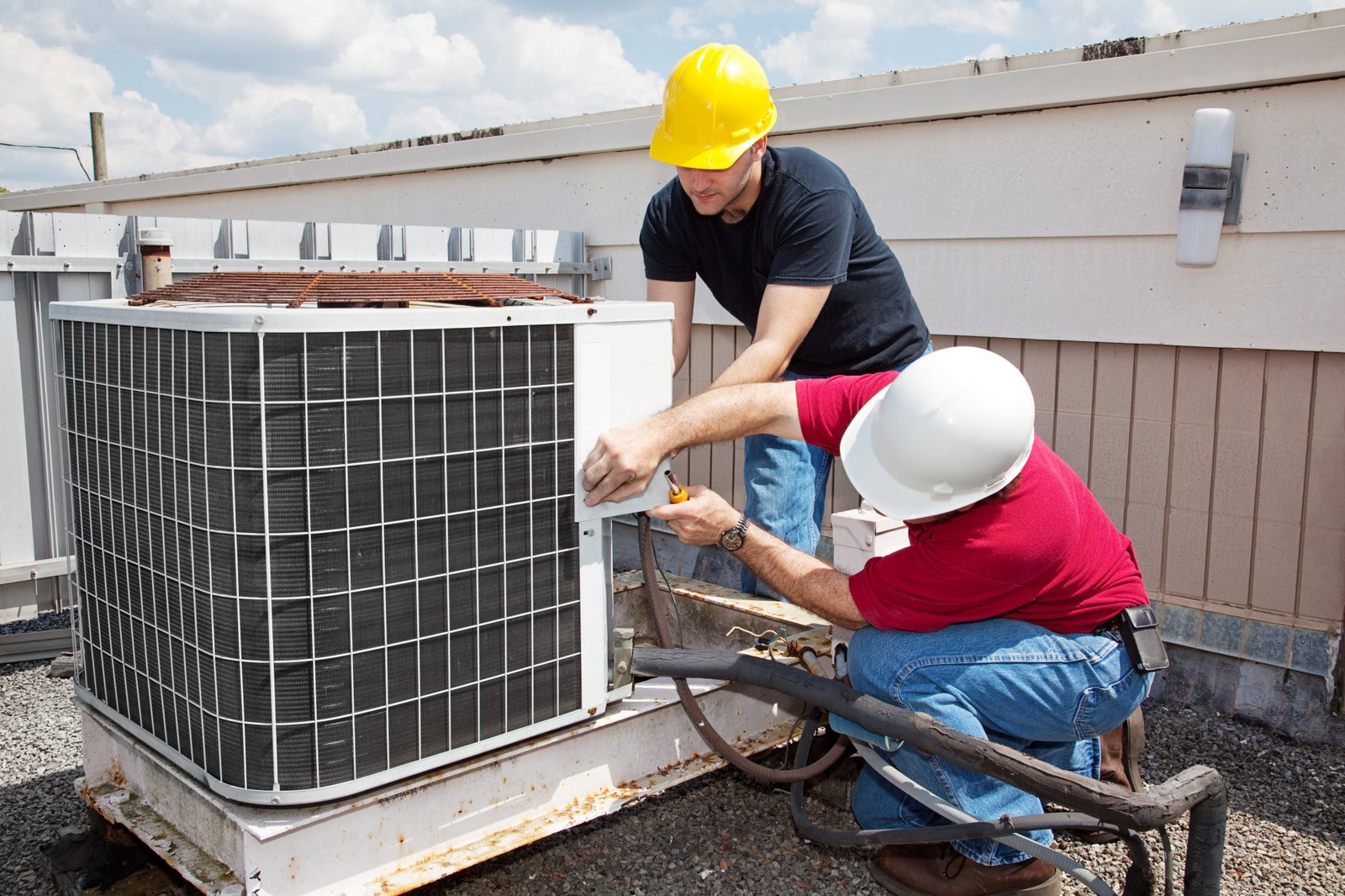
8 Important Questions When Hiring an HVAC Contractor
As more YouTube tutorials become available online, homeowners attempt to save money by doing house repairs on their own. Even so, your HVAC system is not one of those do-it-yourself weekend projects that you can complete without the help of a professional.
A well-functioning HVAC system is crucial if you live in sunny Miami. Thus, employing an HVAC and Direct Air contractor assures that any issues with your home’s heating and air conditioning are handled with care while ensuring your and your family’s safety.
Choosing the Right Miami HVAC Provider
Unfortunately, there are shady companies out there who call themselves HVAC professionals. They make things worse and may cost you more in the long run.
To keep that kind of person away from your home, here are eight important questions to ask when hiring an HVAC contractor.
1. Do you have the necessary licenses?
Having the necessary licenses is a key requirement for a quality HVAC provider. In Florida, one must have at least 2,000 hours of job experience and a degree from an accredited school.
As a result, having a certification ensures that your HVAC contractor has the necessary education and professional experience. Furthermore, knowing the type of certification your HVAC expert has can assist you in determining his rates.
In Florida, state-registered HVAC technicians are divided into A and B classes. Some NATE-certified technicians may charge a bit more. This certification confirms that they have other industry experience.
2. Where can I read reviews of your projects?
Most modern HVAC businesses now have Google Business accounts where we may see what their consumers think of them. So, before you select an HVAC company, look up their customer reviews online.
Read the reviews to see if previous consumers are satisfied with the company. However, be cautious because there may be some fake reviews, so double-check if the reviews are legitimate and real.
A skilled HVAC technician will also be able to provide you with a list of references. This is usually available on the company’s official website.
3. What types of services do you provide?
Your contractor should at the very least provide you with essential services such as HVAC installation, service, and maintenance. Check your requirements and search for a company that can provide the services you need.
Some contractors specialize in specific services. They may, for example, go beyond the basic range to include commercial HVAC or indoor air condition assessments.
You should not pick an HVAC contractor who is not familiar with your system. Also, don’t be hesitant to ask whether the contractor has prior expertise working with your home’s heating and air conditioning system.

4. Do you offer different HVAC maintenance and services?
Some of you might be surprised to hear that HVAC maintenance and services are not synonymous. Maintenance is concerned with preventing problems, whereas services are concerned with resolving them.
To keep your HVAC system working efficiently, you should perform maintenance procedures at least twice a year. It makes you comfortable at home and keeps your energy bills low.
Many providers offer HVAC maintenance and services. mpanies like CW Service Pros offer HVAC full maintenance, including a thorough check of the duct system.
5. Which brands do you regularly work with?
Interestingly, the brands with which your HVAC contractor works can tell you a lot about how competent they are. Because reputable brands will only work with trustworthy contractors, the availability of products from reputed brands in the company’s inventory is a good sign.
There are a lot of reliable HVAC names in the industry, and you should make sure that the company you hire works with at least one of them. It certifies its quality and makes it easier for you to obtain products from well-known brands.
6. I need an estimate for the project, can you provide it for me?
You should be able to obtain a free estimate for the operation that needs to be completed. While it is often necessary to do more work, the decision to proceed is always yours.
All contractors have clear pricing for their services, whether you are searching for a new air conditioning unit or a home energy assessment. Ultimately, they should be able to offer you an estimate of how much the job will cost.
7. Do you offer tax benefits or refunds?
The federal government is happy to help people save the planet by offering HVAC tax benefits. This means that those who update their equipment and invest in sustainable energy may have their taxes lowered.
The primary purpose of HVAC tax credits is to assist homeowners in saving money while making their homes more energy-efficient. Another aim of the scheme is to ensure that your home’s heating and cooling infrastructure has as little leakage as possible.
While this is not a mandatory service for HVAC companies, having it available can be a huge benefit. The service will assist you in completing the procedures and paperwork required to gain the program’s benefits.
8. Is my current HVAC system sufficient for my home?
If your energy bills are consistently rising and you’re having trouble maintaining your home at a comfortable temperature, it might be time to upgrade your HVAC system. A qualified HVAC specialist should be able to advise you if any upgrades are required.
Poor air quality is another common indicator. So, if you ever detect a lingering odor in your home, contact your HVAC specialist to check whether or not your system is functioning properly.
Conclusion
Your HVAC technician is fully trained to solve any HVAC issue present in your home. Most are also willing to clarify the steps needed to resolve any issues and elaborate on technical aspects of the solution. So if you have any questions, don’t hesitate to ask – a sign of a good HVAC technician is a willingness to help the customer understand the issue and the solution as well.
By asking the right questions, you can ensure that you’re fully aware of what steps are being taken to resolve your issue, which gives you more control and awareness of the health of your HVAC systems in the long run.




